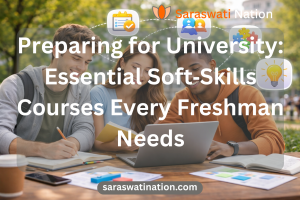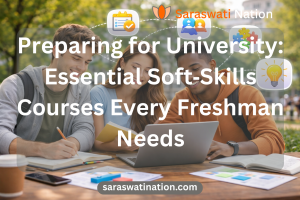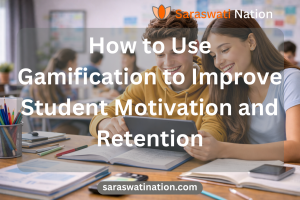
Can ChatGPT Help You Get Better Grades? Here’s the Truth
Artificial Intelligence has rapidly entered the world of education, and one of the most talked-about tools is ChatGPT. Students across high schools, colleges, and universities are beginning to explore how AI-powered study assistants can support their learning, boost productivity, and, ultimately, improve grades. But does ChatGPT really make a difference? Or is it just another digital distraction?
In this article, we uncover the truth about using ChatGPT for studying and how pupils and students can use it responsibly to achieve better academic results.
1. What Is ChatGPT and Why Are Students Using It?
ChatGPT is an AI-powered language model that can answer questions, explain complex concepts, and even generate essays or study notes. For students, this means instant access to:
- Explanations of difficult subjects (math, science, history, literature)
- Practice quizzes and flashcards
- Summaries of long texts
- Brainstorming ideas for essays or projects
The appeal is clear: ChatGPT saves time, helps organize learning, and offers support on demand — something every student dreams of.
2. The Benefits of Using ChatGPT for Studying
When used correctly, ChatGPT can be a powerful study tool. Some of the main benefits include:
- Better time management: Students can get quick answers and explanations, reducing hours spent searching through textbooks.
- Personalized learning: ChatGPT adapts to the student’s questions and learning style, offering tailored responses.
- Confidence building: Struggling with a subject becomes less stressful when students have a digital tutor available 24/7.
- Improved writing skills: ChatGPT can suggest structures for essays, help with grammar, and provide examples of academic writing.
3. The Limitations You Should Be Aware Of
Despite its advantages, ChatGPT is not a magic solution. Students and parents should be aware of its limitations:
- Not always accurate: ChatGPT can provide incorrect or outdated information. Fact-checking is essential.
- Risk of over-reliance: If students use it to do their work entirely, they risk missing out on critical thinking and problem-solving skills.
- Academic integrity: Submitting AI-generated content as one’s own can be considered plagiarism by schools and universities.
The key is balance — using ChatGPT as a study assistant, not a replacement for genuine learning.
4. Practical Ways Students Can Use ChatGPT Responsibly
Here are some effective ways to integrate ChatGPT into studying without losing academic integrity:
- Create practice tests: Generate quiz questions to self-test knowledge.
- Clarify difficult concepts: Ask ChatGPT to explain in simpler language when textbooks feel overwhelming.
- Organize study plans: Get help building weekly study schedules to stay on track.
- Brainstorm essay topics: Use ChatGPT for inspiration, but write and structure essays independently.
5. Can ChatGPT Really Help Students Get Better Grades?
The short answer: Yes, if used responsibly.
Students who use ChatGPT to supplement their learning, check their understanding, and stay organized are more likely to see an improvement in academic performance. The tool itself won’t guarantee better grades — but combined with discipline and good study habits, it can be a real advantage.
Final Thoughts
AI is changing education, and ChatGPT is one of the most valuable tools available to students today. For parents and students looking to maximize learning potential, the key lies in learning how to use AI wisely and ethically.
At SaraswatiNation, we help students do exactly that. Our online courses and tutoring programs show how to use AI tools like ChatGPT effectively, while strengthening essential academic skills.
👉 Ready to take learning to the next level?
- Visit our shop to explore our courses: https://saraswatination.com/shop/
- Or contact us directly here: https://saraswatination.com/contact/
With the right balance of technology and guidance, better grades are within reach.



